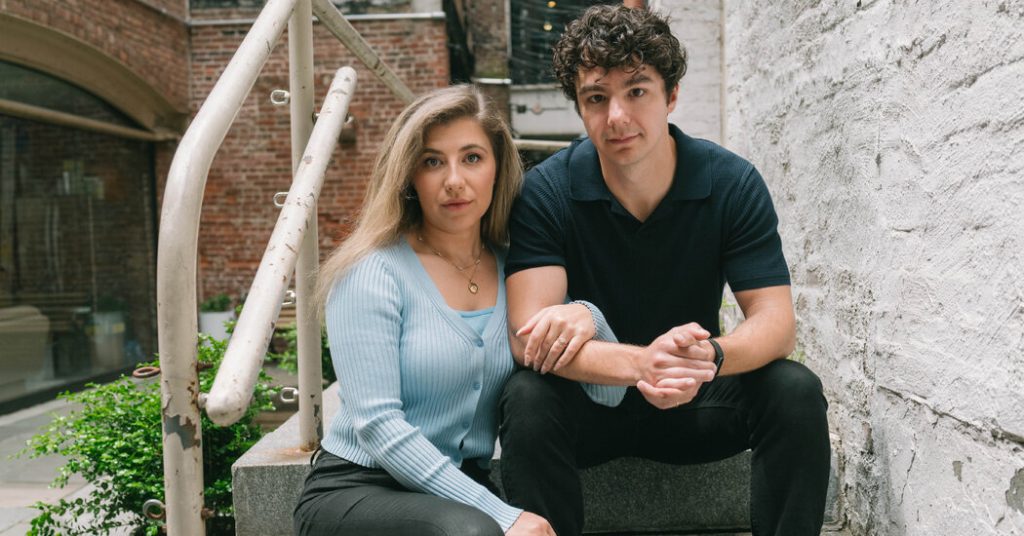Last summer, voice actors Paul Skye Lehrman and Linnea Sage were shocked to discover a podcast featuring a chatbot that sounded just like Lehrman, discussing the threat of artificial intelligence in the entertainment industry. This led them to discover that a company called Lovo had created clones of their voices without their permission. They are now suing Lovo, claiming trademark and privacy law violations. The couple’s lawyer, Steve Cohen, is seeking class-action status for the suit and inviting other voice actors to join.
Their suit alleges that anonymous Lovo employees paid them for voice clips in 2019 and 2020 without disclosing the use of these recordings. Lovo has denied the claims, stating that if consent was given for the recordings, there is no issue. The company’s CEO, Tom Lee, mentioned a revenue-sharing program that allows voice actors to create clones of themselves and earn a portion of the profits. This lawsuit, according to SAG-AFTRA general counsel Jeffrey Bennett, could set a precedent for technology companies regarding the rights of voice actors.
Lehrman and Sage initially provided voice work through Fiverr and were contacted separately by anonymous individuals for recordings that were later used by Lovo. The company has raised over $7 million and boasts two million customers globally. Lehrman discovered a YouTube video featuring a clone of his voice discussing the war in Ukraine. Despite sending a cease-and-desist letter, Lovo had already shared their voice clones on their website. Lehrman also raised concerns about the use of their recordings to train Lovo’s voice-cloning technology.
The lawyer representing Lovo, David Case, has mentioned that the company trained its A.I. system using recordings from a publicly available database. However, it is unclear whether Lehrman’s and Sage’s recordings were specifically used in this training. Lehrman emphasized the importance of reclaiming control over their voices and careers, with the aim of representing others who have experienced similar issues. Overall, this lawsuit sheds light on the potential misuse of voice recordings in A.I. technologies and advocates for the protection of voice actors’ rights in the rapidly evolving entertainment industry.
Through the lawsuit, Lehrman and Sage aim to hold Lovo accountable for using their voices without proper authorization. The case raises important questions about the ethics of using voice recordings for A.I. technologies, especially in industries where voice actors rely on their unique vocal talents. The couple’s legal battle may set a precedent for how technology companies handle the use of voice clones and the rights of the artists behind the voices. This lawsuit serves as a cautionary tale against the potential risks involved in the rapid advancement of A.I. technologies and the implications it could have on the future of voice acting.







